Talk, Read, Sing
By: Holly Percifield, M.S., CCC-SLP, CLC | Speech Language Pathologist, Northwest Health-Porter
It may come as a shock to learn that most of the language learning happens within the first five years of a child’s life. And within these five years, the early years are the most important of all. What may be even more shocking is that this language learning starts before an infant is born. Yep, you read that right. Babies start processing certain aspects of language in the womb and will even recognize their mother’s voice at birth.
You may be wondering how this is accomplished; and while it seems magical, it all rests on a very simple concept. Children learn language by hearing language around them. Talking Is Teaching…learning begins at birth is an easy way to remember the key principles of early language learning - that is, Talk, Sing, and Read to your baby and/or child. Principles that I have taught parents for the last nearly 10 years in my career as a Speech Language Pathologist.
Parents and caregivers alike can ensure the children they care for are provided with the best environment for learning language by spending time talking to them. And all talking is good talking! Early babbling games or “baby talk,” talking about what you are doing in a narrative style, or even sitting and narrating what your child is doing - it’s all good input.
Another great activity is singing! Early on, this serves as not only great language stimulation but as a bonding experience between child and parent. Classical or instrumental music is a great developmental activity; but for language learning, lyrics are better when sung aloud.
Finally, early reading has been shown to provide benefits to parents and children alike. A recent study in 2019 found that "children from literacy-rich homes hear a cumulative 1.4 million more words during storybook reading than children who are never read to” and have larger vocabularies and better math skills than other kids their age. It has also been shown to strengthen emotional bonds between parent and child, as well as provide parents with improved coping skills in high stress environments (such as the Neonatal Intensive Care Unit, the NICU). It also teaches about emotions and even strengthens babies’ visual skills.
The list of positive effects of talking, singing and reading is never-ending. The bottom line: talking, singing and reading are all positive ways to enrich your child’s present-day and future successes.
How you talk, sing and read to your child will change with them as they grow, but how much these strategies help your child never will.

